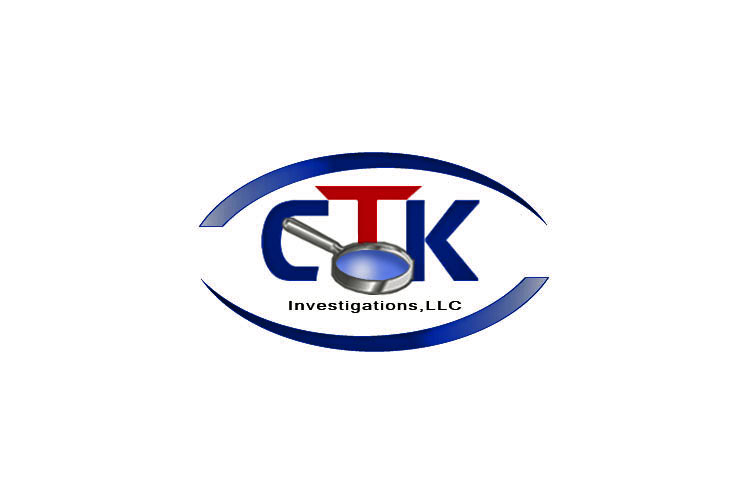 PALM BEACH COUNTY MAN SENTENCED IN HEALTH CARE FRAUD, BANKRUPTCY AND MORTGAGE FRAUD SCHEME
PALM BEACH COUNTY MAN SENTENCED IN HEALTH CARE FRAUD, BANKRUPTCY AND MORTGAGE FRAUD SCHEMER. Alexander Acosta, United States Attorney for the Southern District of Florida, David W. Bourne, Special Agent in Charge, Food and Drug Administration, Office of Criminal Investigations, Miami Field Office, and Jonathan I. Solomon, Special Agent in Charge, Miami Field Office, Federal Bureau of Investigation, announced that defendant Domeneco Abate was sentenced on May 12, 2008 by the Honorable United States District Judge Donald M. Middlebrooks to 27 months’ imprisonment, to be followed by three years of supervised release. In addition, Abate was ordered to forfeit $155,000 and to pay an additional $278,813 in restitution.
On February 28, 2008, Abate pled guilty to a three-count Information, charging him with health care fraud, bankruptcy fraud and wire fraud. The health care fraud charges to which the defendants pled guilty stemmed from the defendants’ unlawful receipt of substantial health insurance benefits for themselves and their families. From June, 2001 through September, 2004, the defendants obtained insurance benefits by falsely claiming to be employees of The Medicine Shoppe, a retail pharmacy franchise in Palm Beach Gardens, Florida. In addition, with the defendants’ consent, the Medicine Shoppe used the defendants’ health insurance information and that of their families to file false prescription drug claims.
Abate also pled guilty to bankruptcy fraud. On or about August 12, 2004, Abate filed a bankruptcy petition and schedules on which he falsely listed his wife, co-defendant Eileen Abate, as being employed as the manager of The Medicine Shoppe, with a monthly gross income of approximately $17,714. Abate also pled guilty to wire fraud, in that he submitted false loan documentation to support the purchase of his home in Wellington, Florida. In the loan application, Abate falsely stated that his wife was an Office Manager at The Medicine Shoppe, with a gross monthly income of $9,864. In addition, the loan documentation falsely stated that approximately $165,000 of the down payment for the purchase of the home was a gift from relatives. Abate agreed to forfeit $155,000 for this mortgage fraud.
Also sentenced yesterday by the Honorable Donald M. Middlebrooks was co-defendant Vincent Trupia. Trupia, who pled guilty to a single count of health care fraud, was sentenced to 5 years of probation, with a special term of 180 days’ home confinement. He was also ordered to pay restitution in the amount of $83,545.75 for insurance benefits he received through The Medicine Shoppe.
Sentencing for co-defendant Diane Mangicapra is scheduled for Friday, May 16, 2008 at 11:30 a.m., and for Eileen Abate on Wednesday, May 21, 2008 at 4:45 p.m., before the Honorable Donald M. Middlebrooks in West Palm Beach, Florida.
Mr. Acosta commends the investigative efforts of the Food and Drug Administration, Office of Criminal Investigations, and the Federal Bureau of Investigations. This case is being handled by Assistant United States Attorneys Carolyn Bell, Lynn Rosenthal, and Antonia Barnes.
A copy of this press release may be found on the website of the United States Attorney's Office for the Southern District of Florida at www.usdoj.gov/usao/fls. Related court documents and information may be found on the website of the District Court for the Southern District of Florida at
http://www.flsd.uscourts.gov/ or on
http://pacer.flsd.uscourts.gov/.
 FLORIDA MAN PLEADS GUILTY TO FEDERAL THREATENING CHARGE
FLORIDA MAN PLEADS GUILTY TO FEDERAL THREATENING CHARGE PALM BEACH COUNTY MAN SENTENCED IN HEALTH CARE FRAUD, BANKRUPTCY AND MORTGAGE FRAUD SCHEME
PALM BEACH COUNTY MAN SENTENCED IN HEALTH CARE FRAUD, BANKRUPTCY AND MORTGAGE FRAUD SCHEME




